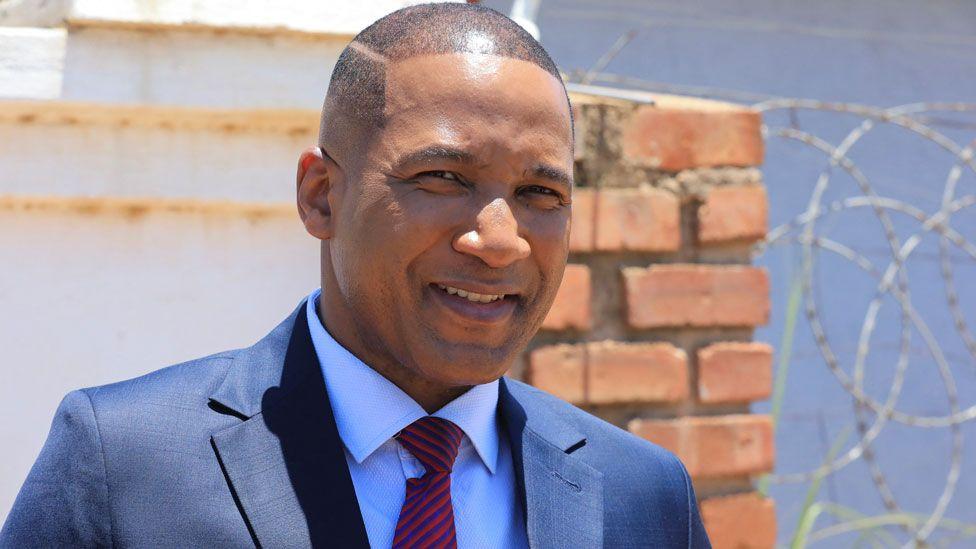Botswana’s newly elected president, Duma Boko, has initiated a significant policy shift to address the issue of undocumented Zimbabweans within the country, proposing the issuance of temporary work and residence permits. In a statement made during the BBC Africa Daily podcast ahead of his inauguration, Boko emphasized that Zimbabweans contribute to sectors that would otherwise be neglected, thereby playing a critical role in the economy. His administration is now confronted with the challenge of managing the influx of Zimbabweans who have been seeking refuge from their home country’s economic instability, which has seen many cross the porous border without documentation, leading to a cycle of crime and resentment from Botswana’s citizens.
Boko underscored the necessity of establishing a formalized system to accommodate undocumented Zimbabweans, arguing that their current lack of legal status often restricts their access to essential services and results in unlawful behavior. He acknowledged the practical realities, noting that Zimbabweans represent a staggering 98% of irregular migrants in Botswana, and a large number of them have been subject to deportation. Despite the common perception that these migrants are taking jobs from locals, Boko contended that they often fill labor roles that Botswana citizens find unattractive, such as domestic work and farming, thus benefiting the labor market.
The president’s initiative is not without controversy; previously proposed measures, such as using identity cards instead of passports for travelers between Botswana and Zimbabwe, sparked backlash due to fears that it would encourage a further influx of migrants. However, Boko expressed hope that allowing Zimbabweans to work legally would provide an avenue for skill exchange, whereby Botswana nationals could acquire valuable skills such as plumbing and welding from Zimbabweans who are predominantly skilled in these trades. This, according to Boko, would create a mutually beneficial setup, facilitating skills transfer while addressing the labor shortage in the country.
Boko, a human rights lawyer and founder of the Umbrella for Democratic Change (UDC), is keen to position himself as an approachable leader. His victory is largely attributed to his promise to revitalize Botswana’s struggling economy, which faces high unemployment rates estimated at around 30%. To kickstart economic recovery, he has indicated that his administration will seek to renegotiate terms with the global diamond giant De Beers, which he believes could unlock potential revenues that have been compromised under previous leadership.
Commitment to economic transformation forms the cornerstone of Boko’s agenda. Beyond negotiating with De Beers, he plans to create a staggering 100,000 jobs annually over the next five years to counteract the severe unemployment crisis impacting the nation. He envisions empowering the youth of Botswana to embrace entrepreneurship through improved access to financial resources and markets, stressing the government’s role in facilitating these opportunities. This approach aligns with his ambition to provide sustainable employment solutions, which could yield substantial long-term economic growth.
The symbolic nature of Boko’s inauguration, set to take place at the national stadium in Gaborone, highlights his administration’s commitment to inclusivity and shared progress. International dignitaries will be present, showcasing Botswana’s relevance on the global stage as it navigates these complex socio-economic issues. As Boko steps into office, he is faced with the dual challenge of managing public sentiment regarding immigration and implementing reforms necessary to bolster the economy, all while fostering a climate of cooperation and development that can benefit all citizens.

